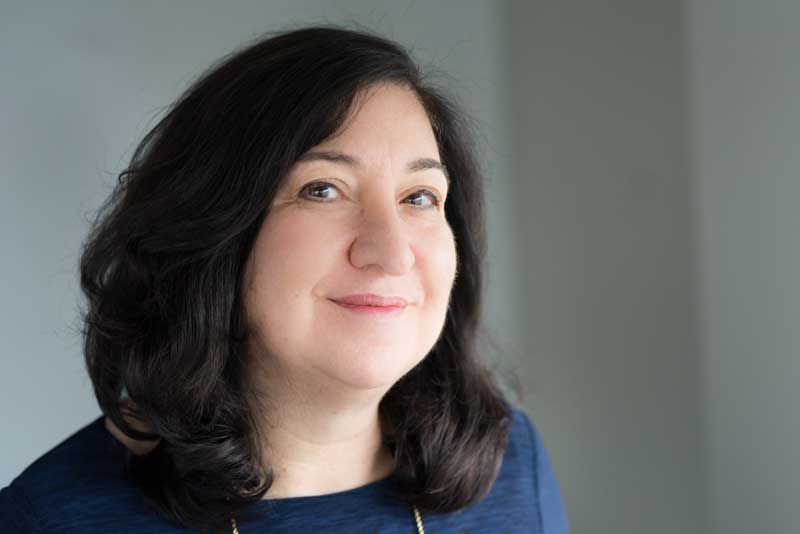How biopharma executives fight burnout

We all have days when we just don’t have the energy to answer another email or solve another problem, or when we wish the buzzing of the phone was actually the blender mixing a frozen drink on a far-away beach. According to a recent survey we conducted among our readers, 85% said they had experienced burnout in the past year.
When the occasional off day stretches into weeks or months of workplace stress, it’s time for a burnout intervention. Sometimes the answer is as straight-forward as some well-deserved time off. Other times, a more complicated set of actions might be required, like a new job or a fresh set of responsibilities.
As a manager and leader, you need to know what to look for to keep your teams revved up and operating at peak efficiency and how to keep burnout from derailing the goals everyone is working hard to achieve. You also need to make space for employees to feel safe having those hard conversations about their feelings, frustrations or job stress. Almost half (47%) of respondents to a recent PharmaVoice poll said they weren’t comfortable discussing burnout with their colleagues or peers.
Here, industry execs talk about how they keep themselves and their teams from sizzling out.
Set clear priorities

Anna Protopapas, CEO, Mersana Therapeutics
“We try to be clear in our goals, although always aggressive — to be clear in what the priorities are. And we do encourage not only at the corporate level, but throughout the organization for managers to really be clear what’s important, but also what’s important and urgent — some things are important, but maybe not urgent. Communication is really important. We’ve had a pretty stable workforce with relatively low turnover, but we’re always trying to make sure we’re communicating with our employees and ensuring they have the right work-life balance.
We have implemented company vacations — one week between Christmas and New Year, and one week in the summer. If the whole company closes down, then I think it gives people a real break.
We also allow dogs to come to work. It’s pretty exciting, at any time, there are two or three dogs wandering around. That’s another way of relieving stress and burnout.”
Anna Protopapas, CEO, Mersana Therapeutics
Make progress count in real time

Helen Sabzevari, CEO, president, Precigen
“The kind of work that we are in is not a walk in the park … because (we) have a responsibility to develop the next treatments for patients. Obviously, it takes a lot from an individual. However, understanding that responsibility is what pushes us. At Precigen, not only do they see on Microsoft Teams what they have done, (how) the programs are moving, and the news about (our progress for) patients, but every day in the corner of that screen comes up the number of patients that we lost in the United States and the rest of the world to the indications that we work on. This is a reminder for every one of us why doing something faster one day could make a difference. We keep these individuals from burning out (because) the teams are extremely aware of what the mission is, how to get there and also the appreciation of what it means for what they are doing.”
Helen Sabzevari, CEO, president, Precigen
Maintain a supportive culture

Martine van Vugt, CSO, EVP, Genmab
“COVID didn’t help, of course, to find balance and how to prioritize all of (the) areas that need attention. Having a very, very strong purpose-driven approach to work, really understanding why you follow your passion, knowing that you are being heard and have the flexibility to plan and organize your activities. I’ve always had the opportunity to be extremely flexible in how to plan my activities; I always felt that I had an impact on the future of the company; and I always felt that I was part of something bigger. It really helps if you truly understand why you’re doing what you’re doing. We make sure that we can manage our work-life balance, that we are being supported if certain things are too busy, for instance, if someone has to be on the phone beyond office hours constantly. I firmly believe that we have a healthy culture where people can speak up and have a discussion around how to perform at their very best.”
Martine van Vugt, chief strategy officer, executive vice president, Genmab
Take time for self-care

Jennifer Good, CEO, president, Trevi Therapeutics
“Managing through burnout was all about self-care for a bit. I had to step back for six months and reassess what I wanted to do next. This was the moment I started thinking about what self-care looks like for me, because I really hadn’t done a lot of that before.”
Jennifer Good, CEO, president, Trevi Therapeutics
Reboot, reset and reprioritize

Ellee de Groot, CTO, Brii Biosciences
“When people are burned out, I think it sometimes takes a reset. They might need a new job or they might need to take a break or they might need to have a different set of responsibilities. Sometimes people are burned out because they’re overworked. Sometimes people are burned out because they’re not sufficiently challenged. We have to look at the situation of the individual.”
Ellee de Groot, chief technology officer, Brii Biosciences
Make it a habit to recharge your battery

Patricia Hurter, CEO, Lyndra Therapeutics
“We are at a very key time for our company. We’re starting pivotal studies and the first time you enter that stage with a startup biotech is intense. This is high pressure and we have to get it done — and it’s coming on the back of COVID. We all sucked it up through COVID and did our thing and were all heroic, which was great, but we were all tired after that.
What I go back to is: No matter how stressed you are, you need to recharge your batteries on a daily basis. Every day, find a few hours to read a book, walk your dog, tune out for a little bit. Ultimately, you need three pieces as part of your work/life balance — work, family and stuff that’s just for you.”
Patricia Hurter, CEO, Lyndra Therapeutics
Source link
#biopharma #executives #fight #burnout